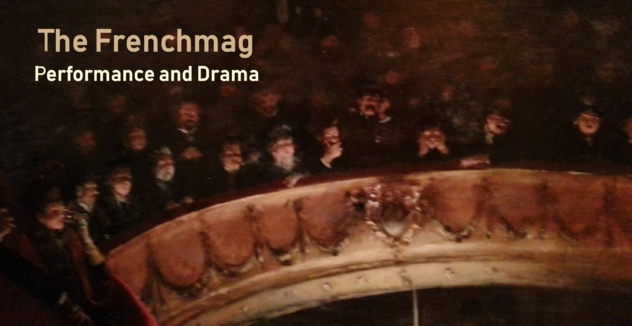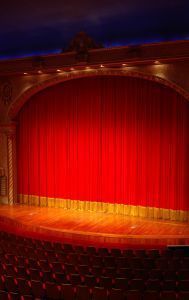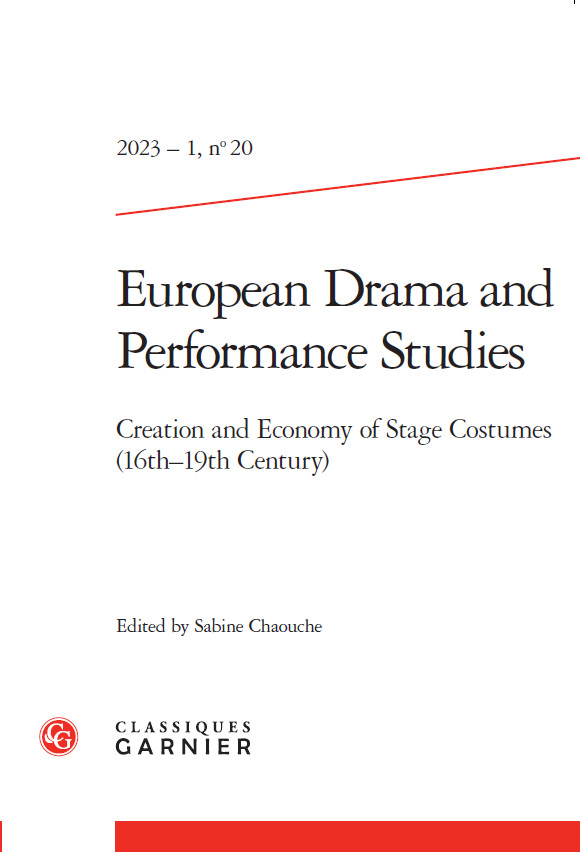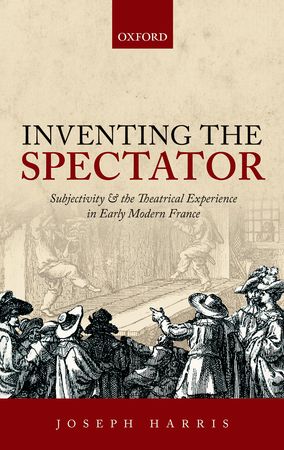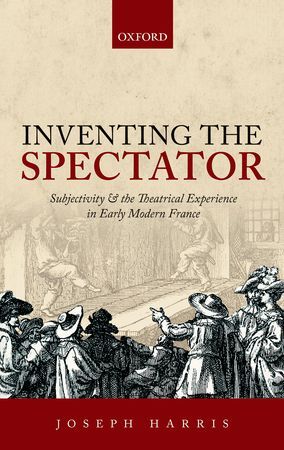
- Provides a new perspective on a key period of European theatre
- Synthesises a wide range of material, both familiar and unfamiliar, spanning three centuries
- Offers an in-depth critical engagement with the writings of five major thinkers, interspersed with discussion of three key themes
- Reconstructs a historically informed theory of theatre reception from early modern material
- Grounds dramatic theory in psychology and interrogates its underlying theories
During the seventeenth and eighteenth centuries, France became famous — notorious even — across Europe for its ambitious attempts to codify and theorise a system of universally valid dramatic 'rules'. So fundamental and formative was this 'classical' conception of drama that it still underpins our modern conception of theatre today. Yet rather than rehearsing familiar arguments about plays, Inventing the Spectator reads early modern France's dramatic theory against the grain, tracing instead the profile and characteristics of the spectator that these arguments imply: the living, breathing individual in whose mind, senses, and experience the theatre comes to life. In so doing, Joseph Harris raises numerous questions — of imagination and illusion, reason and emotion, vision and aurality, to name but a few — that strike at the very heart of human psychology, cognition, and experience. Bridging the gap between literary and theatre studies, history of psychology, and intellectual history, Inventing the Spectator thus reconstructs the theatre spectator's experience as it was understood and theorised within French dramatic theory between the Renaissance and the Revolution. It explores early modern spectatorship through three main themes (illusion and the senses; pleasure and narrative; interest and identification) and five key dramatic theoreticians (d'Aubignac, Corneille, Dubos, Rousseau, and Diderot). As it demonstrates, the period's dramatic rules are at heart rules of psychology, cognition, and affect that emerged out of a complex dialogue with human subjectivity in all its richness.
Readership: Students and scholars of early modern French literature and thought; students and scholars of early modern drama; students and scholars of intellectual history, the history of the emotions and psychology.
Introduction
1: Subjectivity and the senses: from deceit to enthralment
2: D'Aubignac: the rationalist spectator
3: Corneille: the indulgent spectator
4: Narrative pleasures: from intellect to emotion
5: Dubos: the contemplative spectator
6: Between interest and identification
7: Rousseau: the alienated spectator
8: Beyond domesticity: Diderot and the drame
Epilogue: the decline of the spectator
Joseph Harris is Senior Lecturer at Royal Holloway, University of London. He has published widely on seventeenth- and eighteenth-century French literature, particularly drama, and is the author of Hidden Agendas: Cross-Dressing in Seventeenth-Century France (Tübingen: 2005). His research interests include gender and sexuality; the prehistory of psychology; laughter; and dramatic spectatorship. He is editor of a volume of Nottingham French Studies entitled 'Identification Before Freud: French Perspectives'. He is currently working on a project on death and murder in Corneille's theatre.
